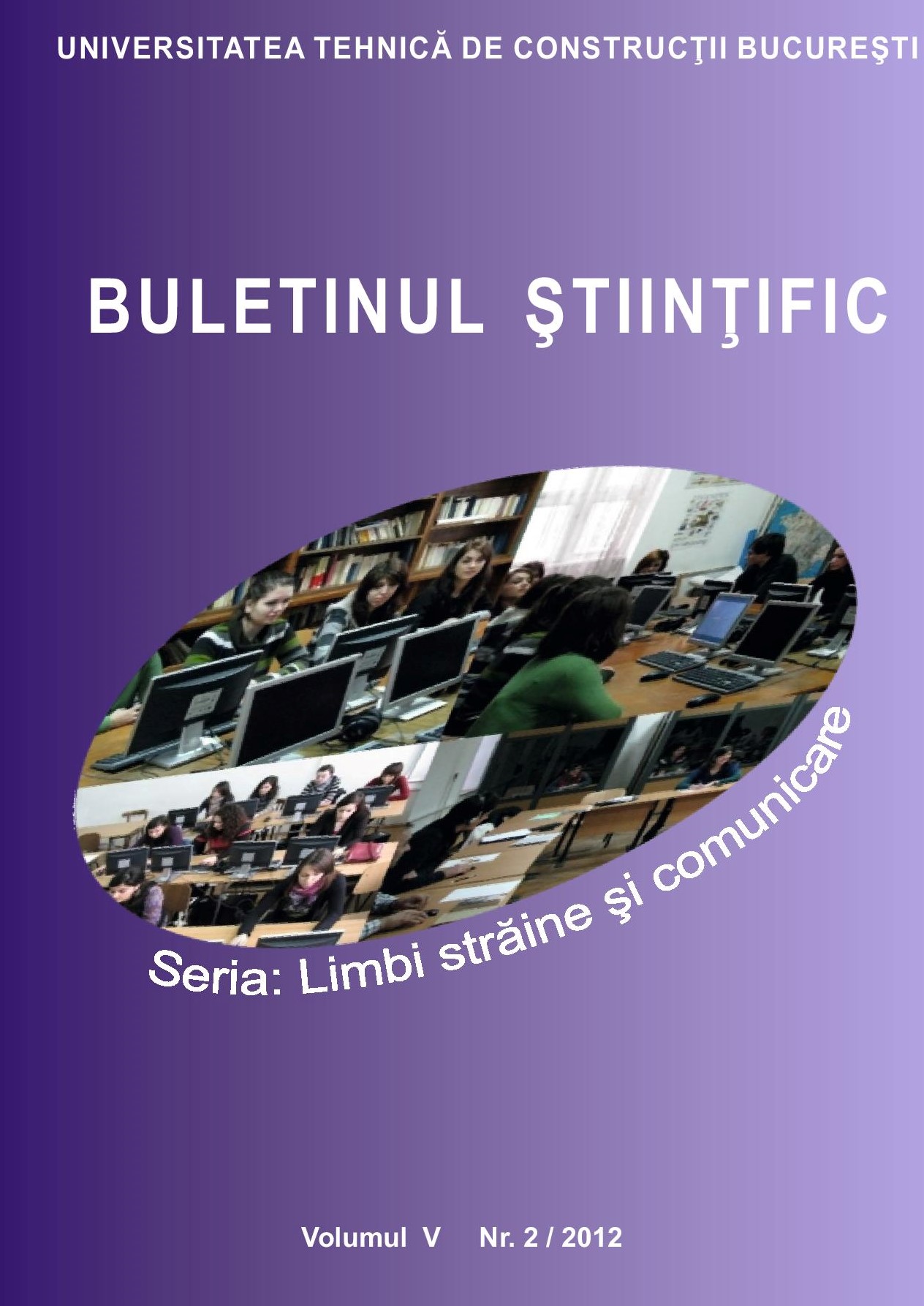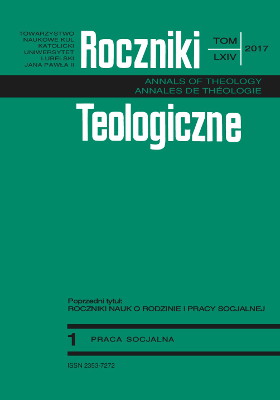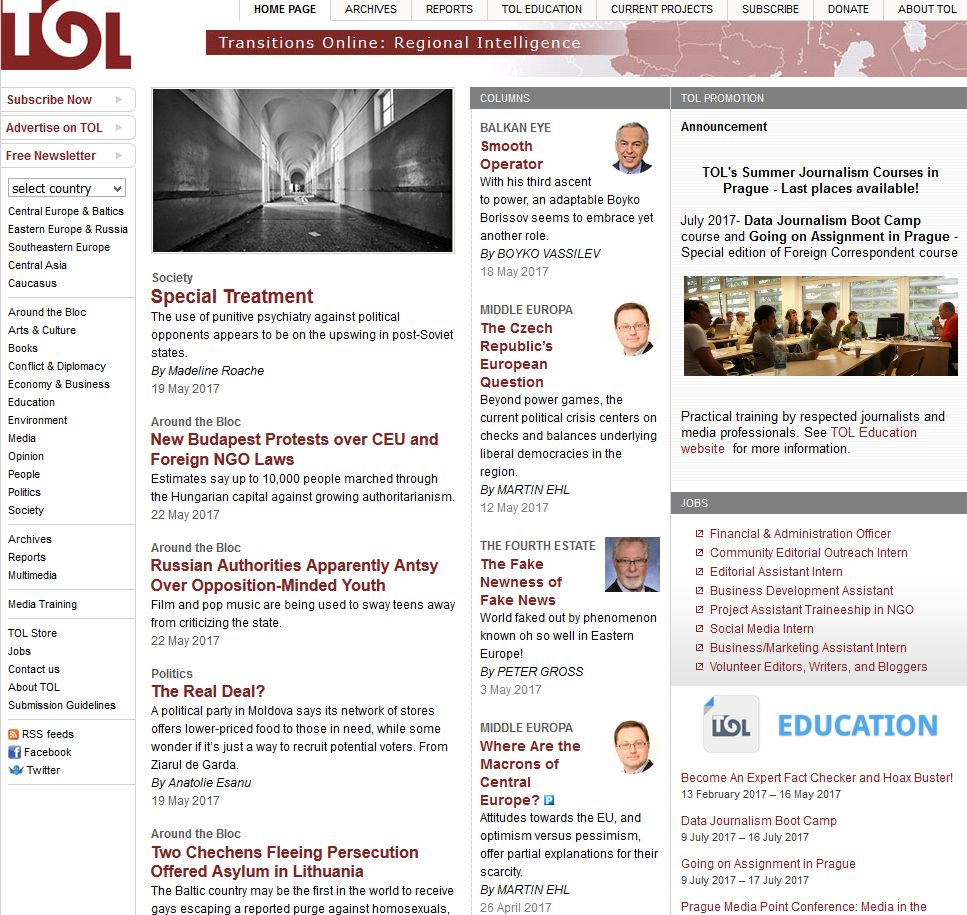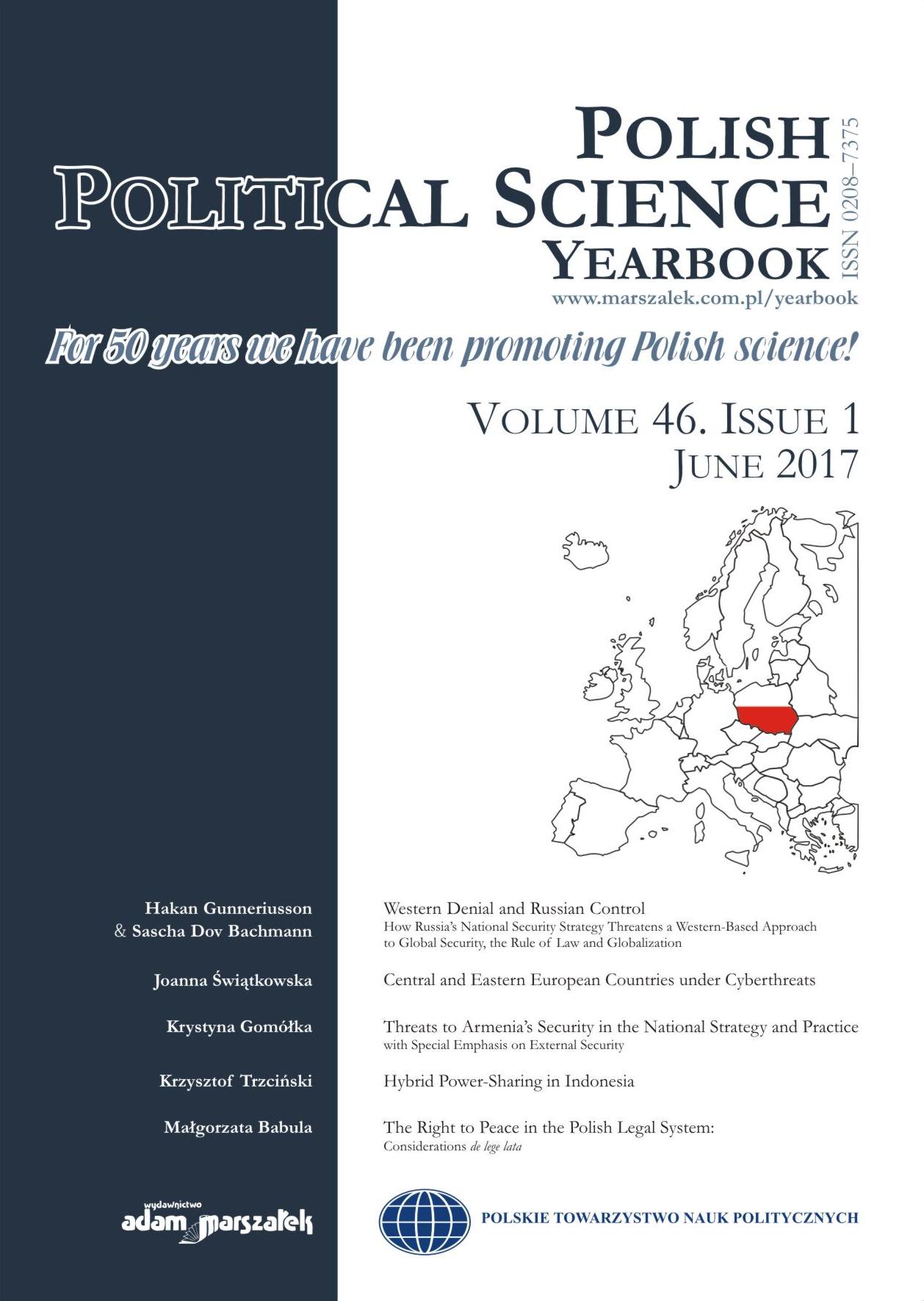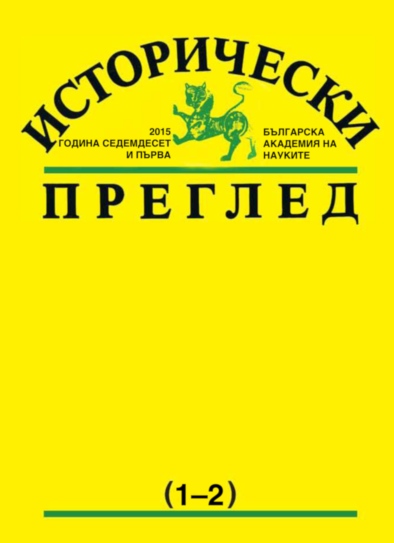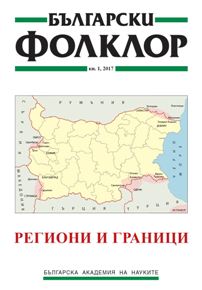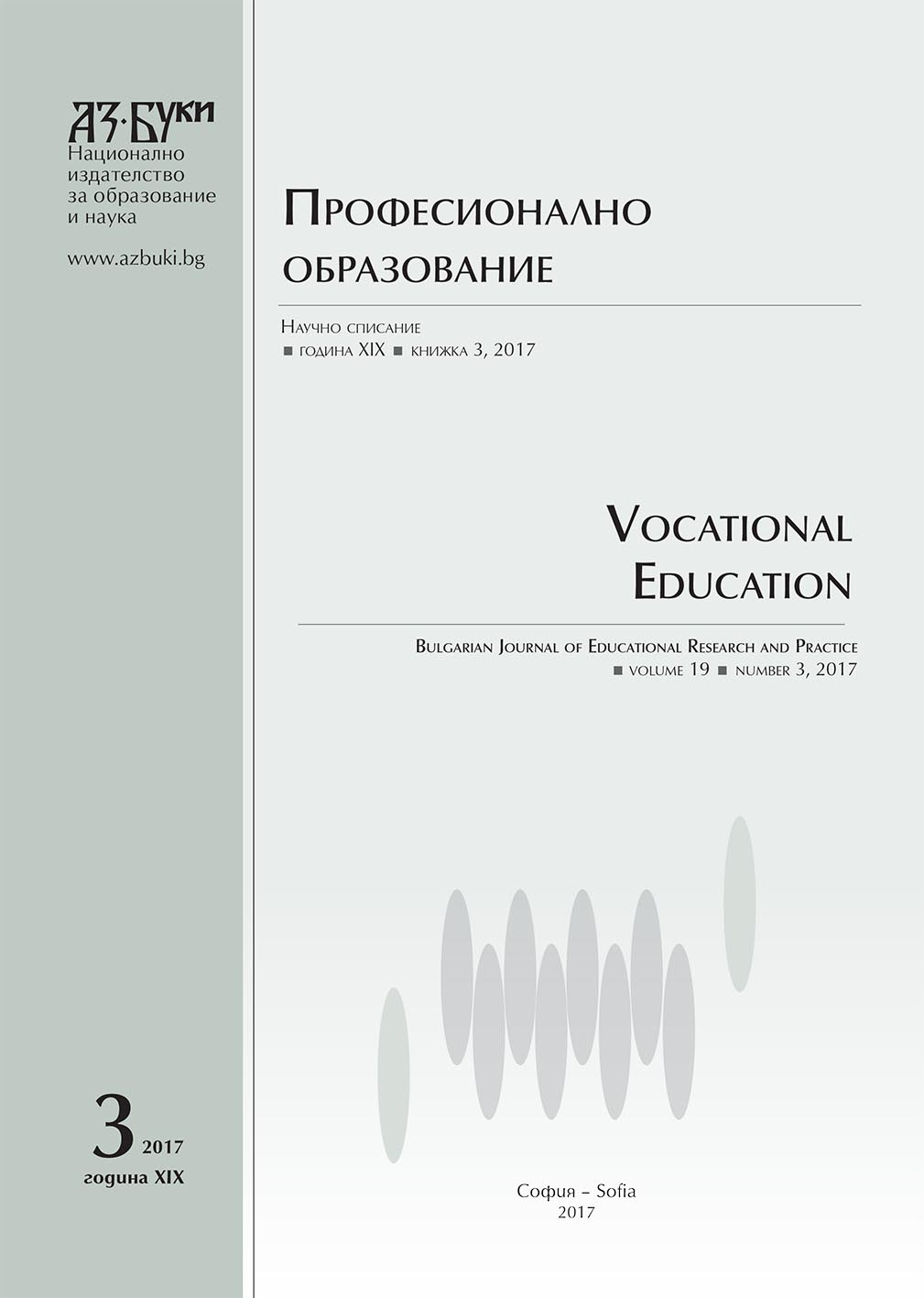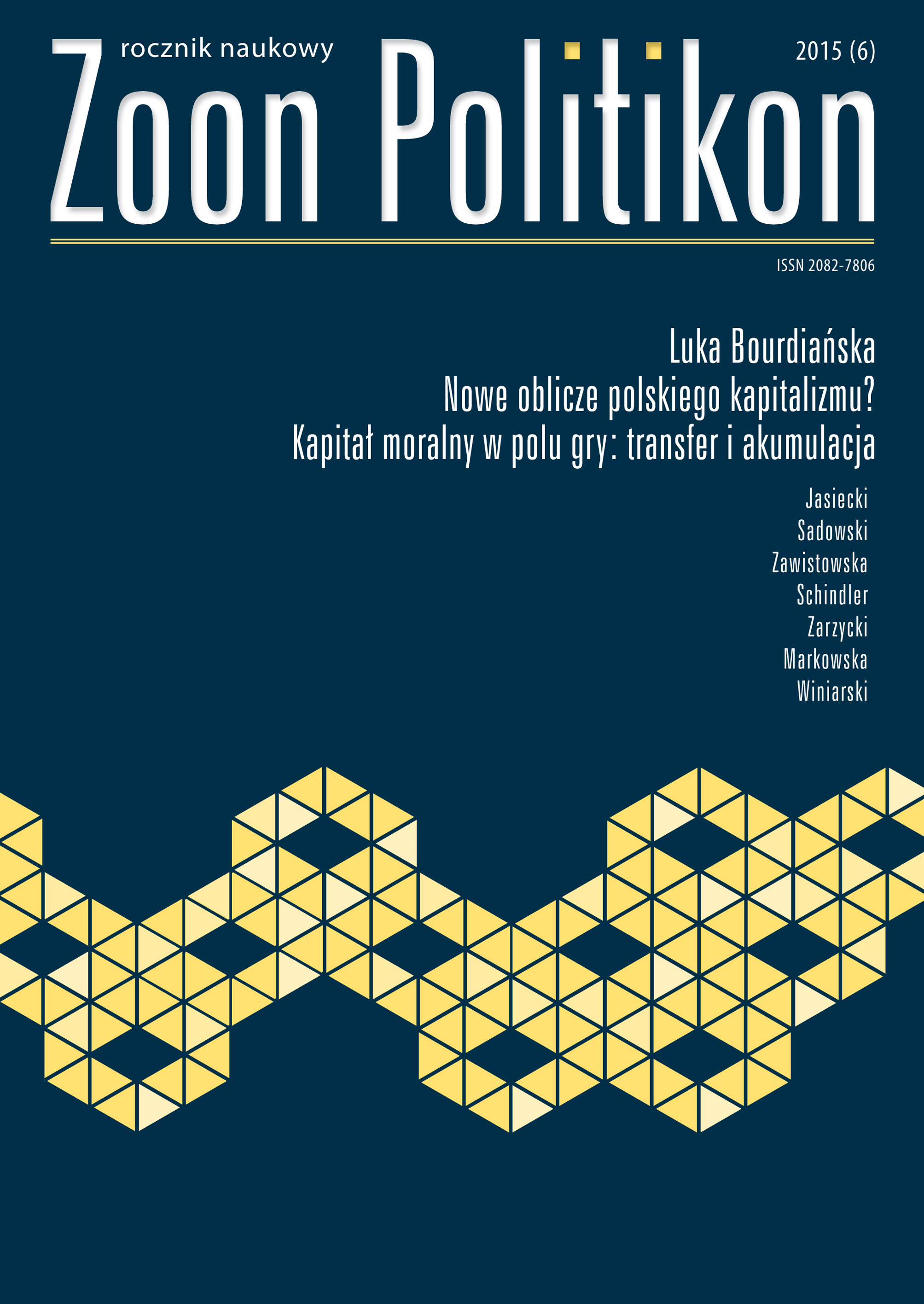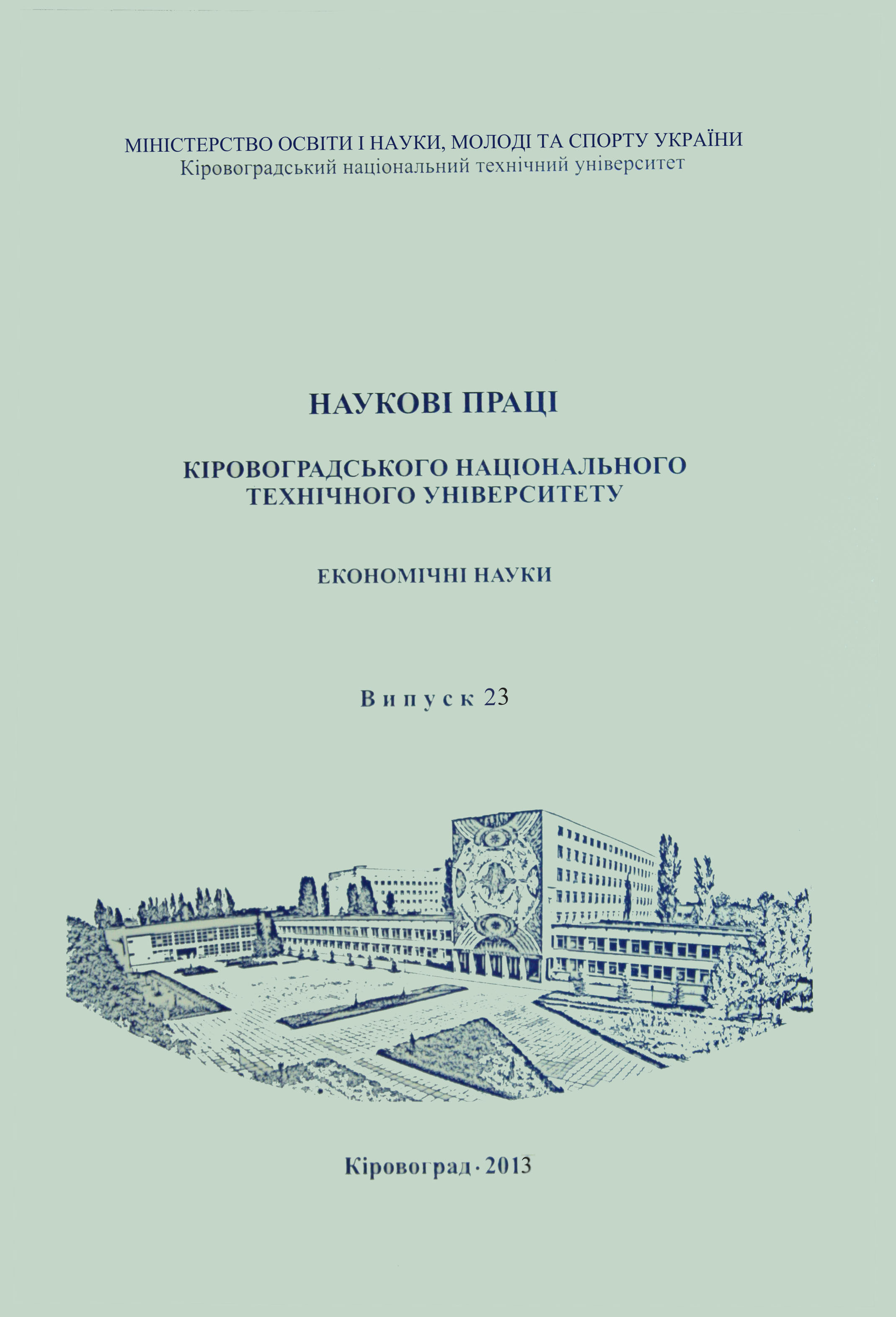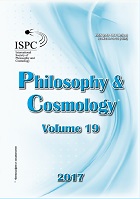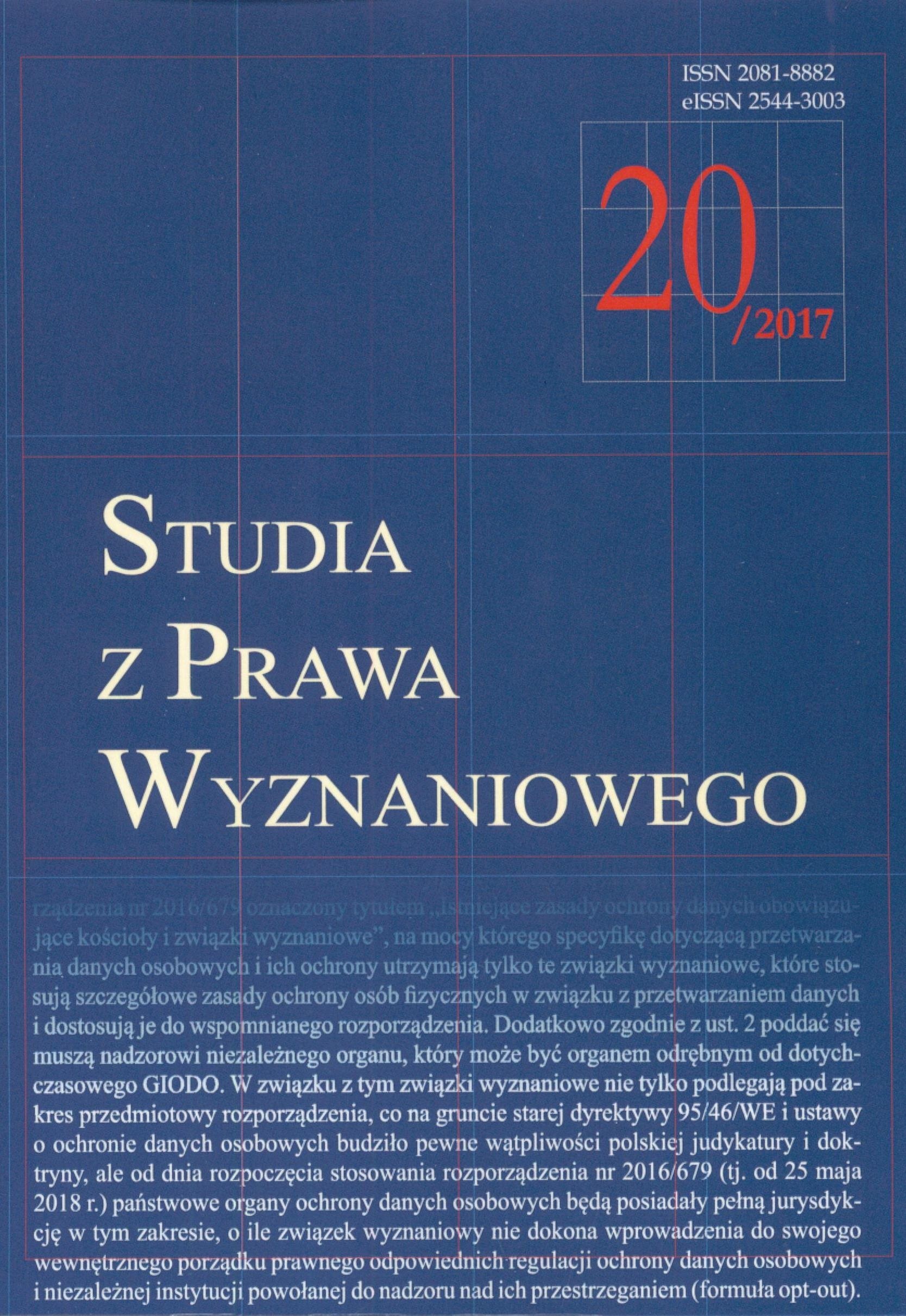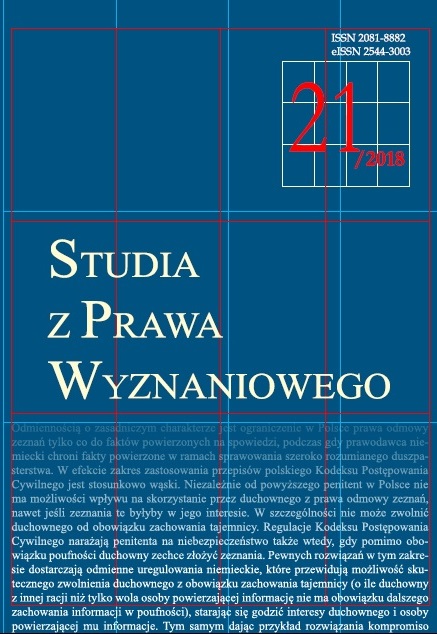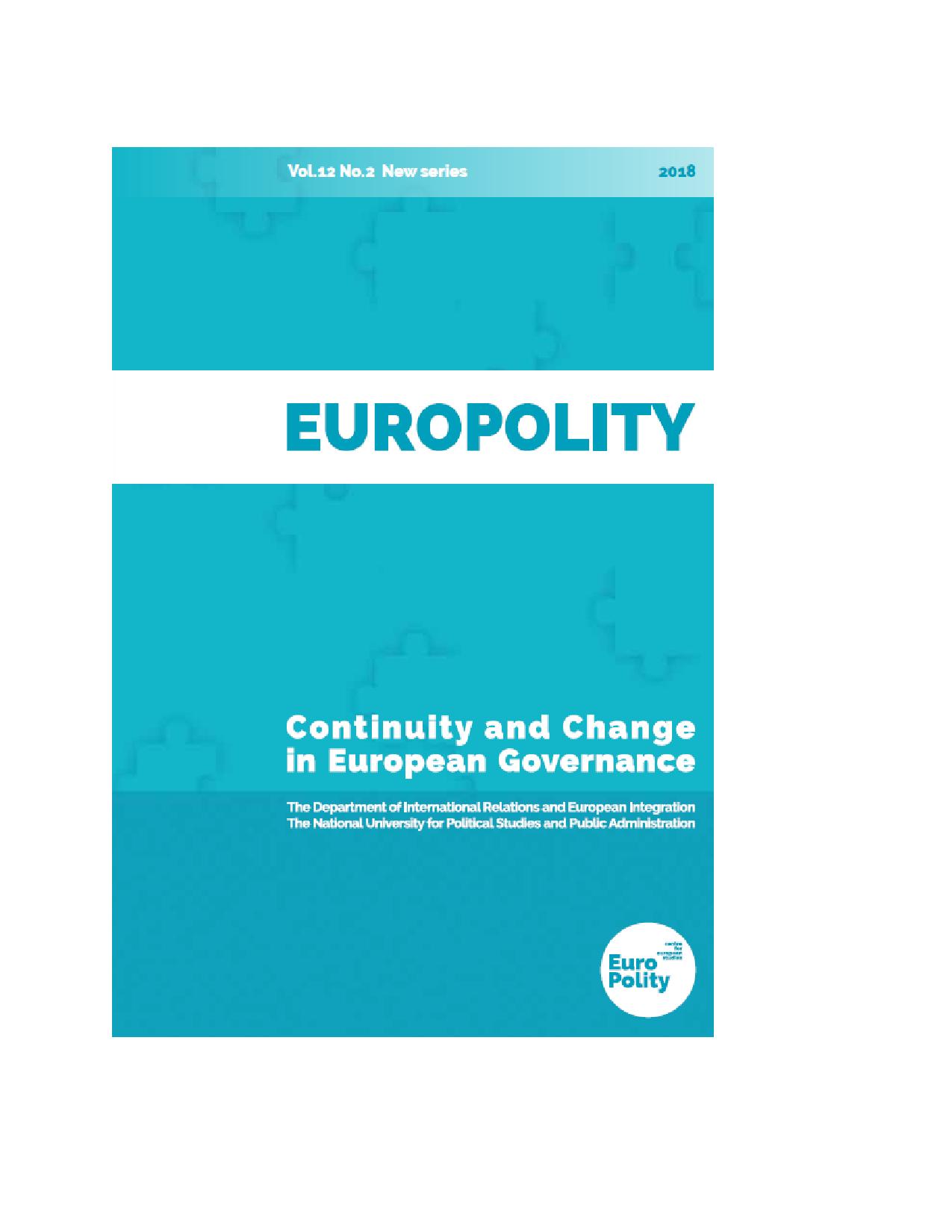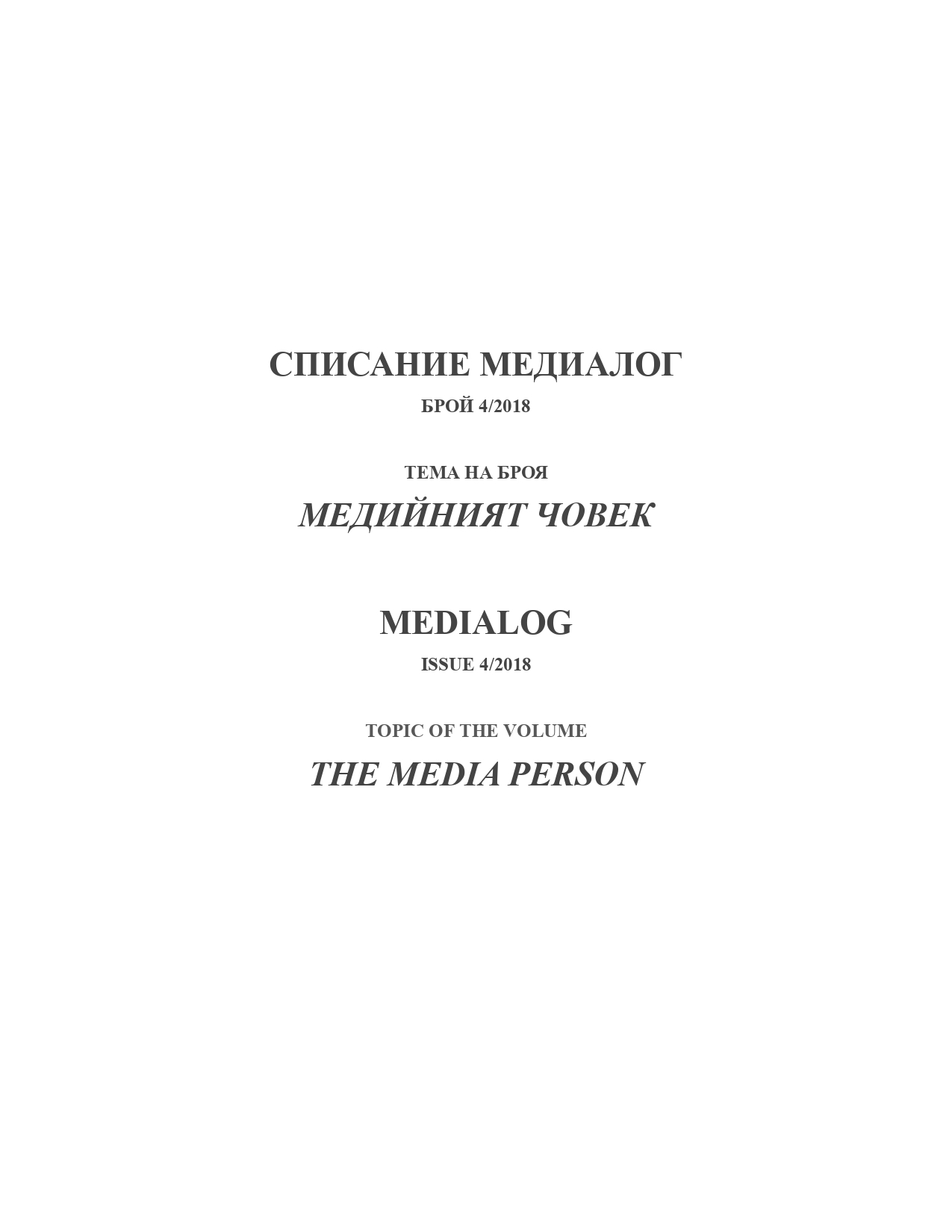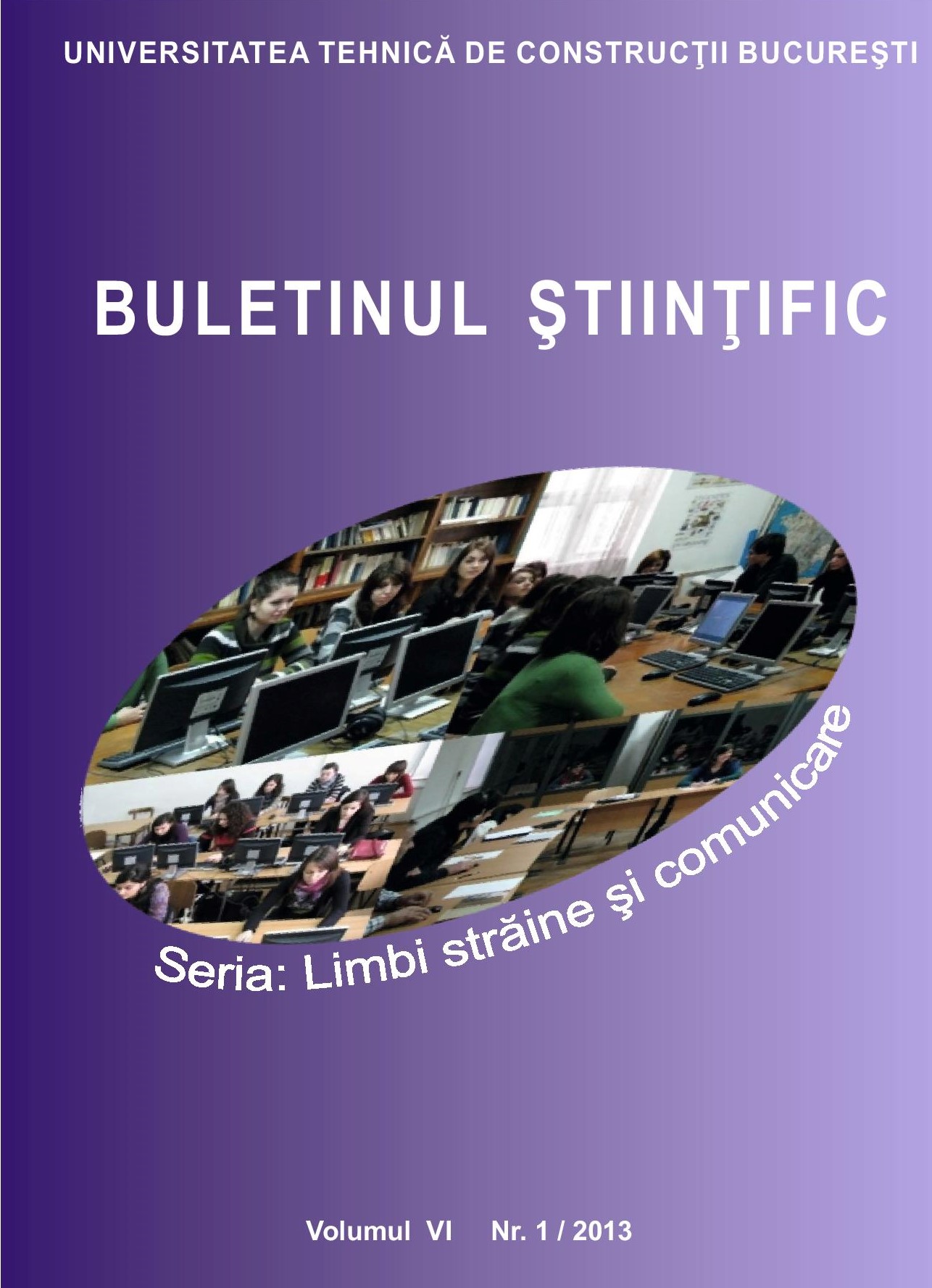
THE EUROPEAN UNION TODAY: IS THERE A NEED FOR HEGEMONIC STABILITY? CASE STUDY: GERMANY
Today, the European Union seems to achieve the dream of its forefathers, that of a united Europe, on the foundation of long-term democracy and economic cooperation. Even if it is based on the perfect equality between the Member States, with similar requirements at national level, the voices of certain major actors seem stronger than others’ and, therefore, a question remains regarding the power poles within the Union. In the last few years, Germany has stood out as an important opinion leader at all levels, but also gave way to complex interpretations. Will it be the next primus inter pares – the hegemonic power of the 21st century Europe, still suffering after the economic crisis?
More...
